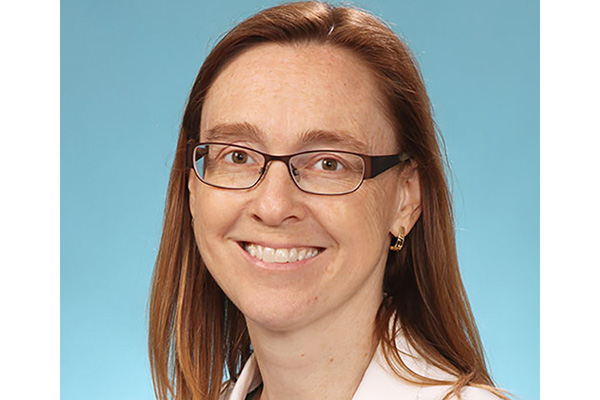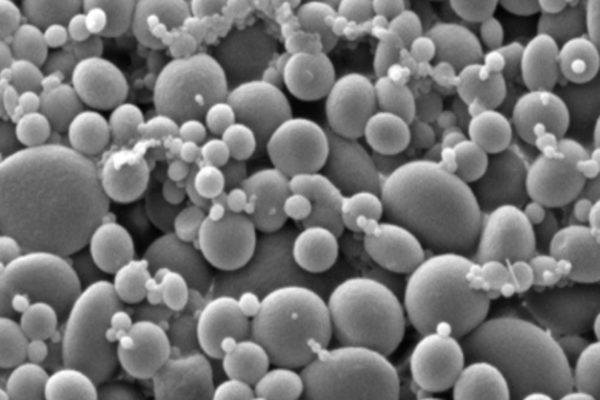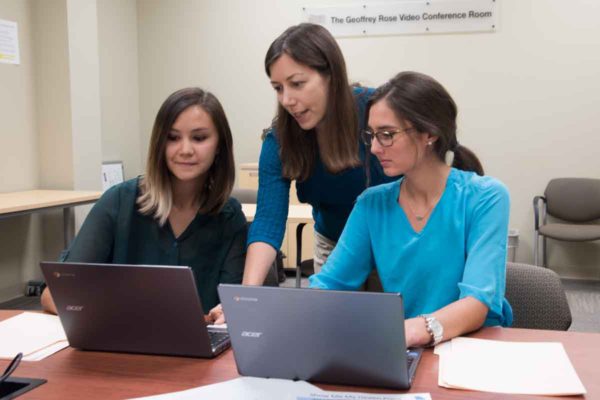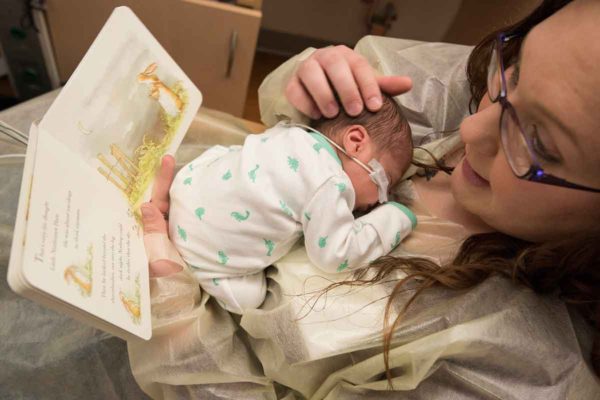Three questions with Gautam Dantas on antibiotic resistance
A microbiology professor discusses antibiotic resistance and his lab’s efforts to help physicians fight antibiotic-resistant infections.
Siteman survivor symposium March 2
The Siteman Cancer Center is holding a Spring Symposium on Survivorship from noon to 4:30 p.m. March 2 on the Medical Campus. The free event aims to encourage collaboration on cancer survivorship research. Registration is required.
Babcock named VP of health-care epidemiology group
Hilary M. Babcock, MD, an associate professor of medicine in the Division of Infectious Diseases at Washington University School of Medicine in St. Louis, has been named vice president of the Society for Healthcare Epidemiology of America (SHEA), a professional group that promotes research, education and advocacy for safe health care.
Gehlert inducted as president of social work organization
Sarah Gehlert, the E. Desmond Lee Professor of Racial and Ethnic Diversity at the Brown School at Washington University in St. Louis, has been inducted as the new president of the American Academy of Social Work and Social Welfare.
Better than a pill
With a new $1.7 million award from the National Institutes of Health, a team from Washington University in St. Louis plans to develop a silk-based system to better alleviate the pain and discomfort of osteoarthritis.
Brain network connections may underlie social behavior linked to autism
Researchers at School of Medicine, with colleagues from the multicenter Infant Brain Imaging Study (IBIS) network, have found associations between brain connectivity and a key social behavior that is a central feature of autism.
WashU Expert: Advice to keep the vulnerable insured
Mary Politi, associate professor in the Department of Surgery at Washington University School of Medicine in St. Louis, is a clinical psychologist with research and expertise in policy, health care and health insurance decision-making. She offers this advice to the president and cabinet members regarding the Affordable Care Act also known as Obamacare: As the Trump […]
NICU study highlights importance of sound
Premature babies often spend the first several weeks of life in neonatal intensive care units (NICUs), where, ideally, they are protected from too much noise stimulation. However, researchers at the School of Medicine have found that preemies may be exposed to noise levels higher than those deemed safe by the American Academy of Pediatrics.
Effort to improve radiation therapy for veterans receives nearly $4 million
In a national effort to improve and standardize radiation therapy for U.S. veterans with cancer, the Veterans Health Administration (VHA) has contracted with Washington University School of Medicine in St. Louis for an additional $3.8 million to fund the project.
Powderly named president of Infectious Disease Society
William G. Powderly, MD, co-director of the Division of Infectious Diseases at Washington University School of Medicine in St. Louis, has been named president of the Infectious Diseases Society of America, a research, education and advocacy group based in Arlington, Va.
View More Stories









